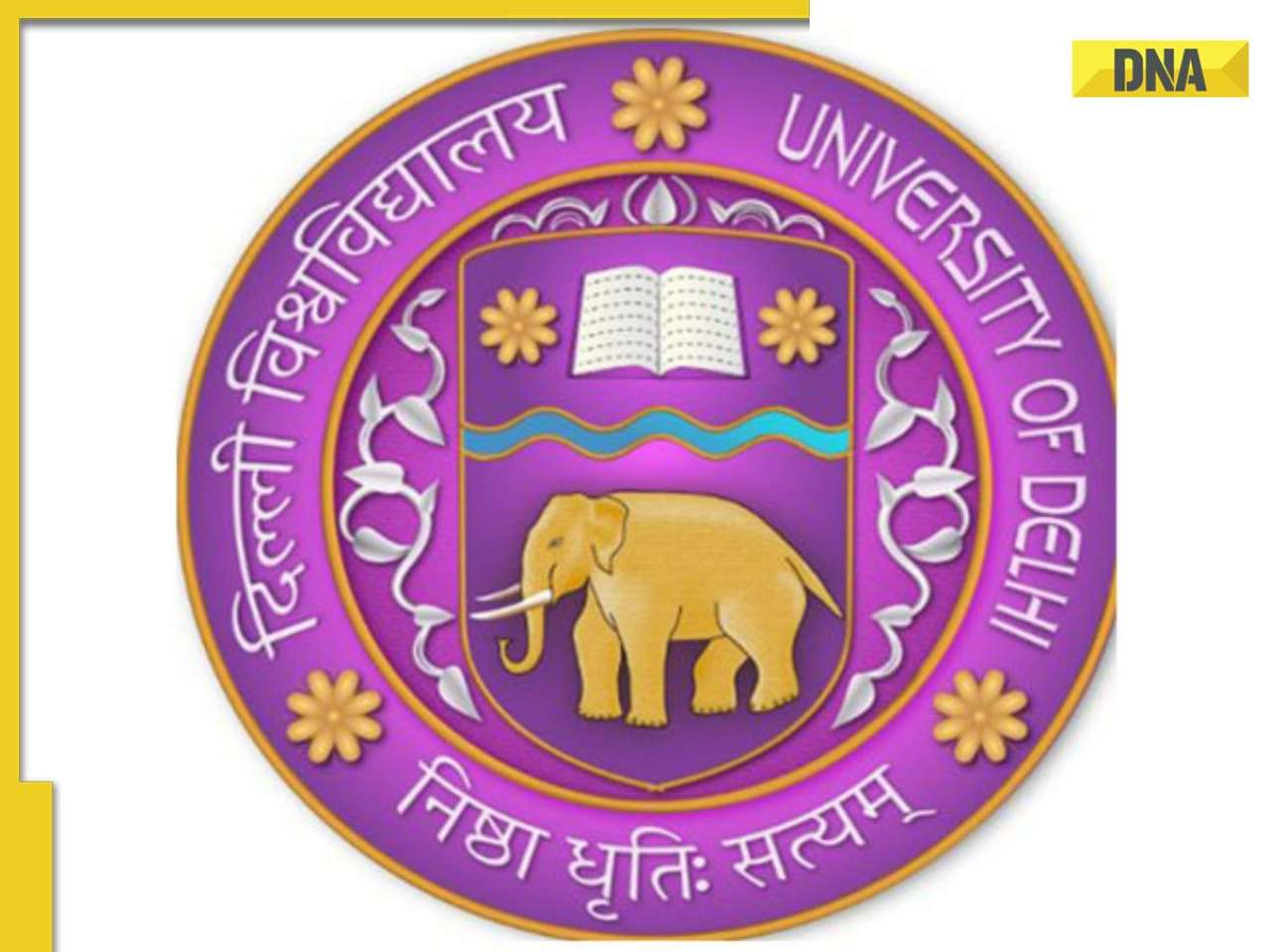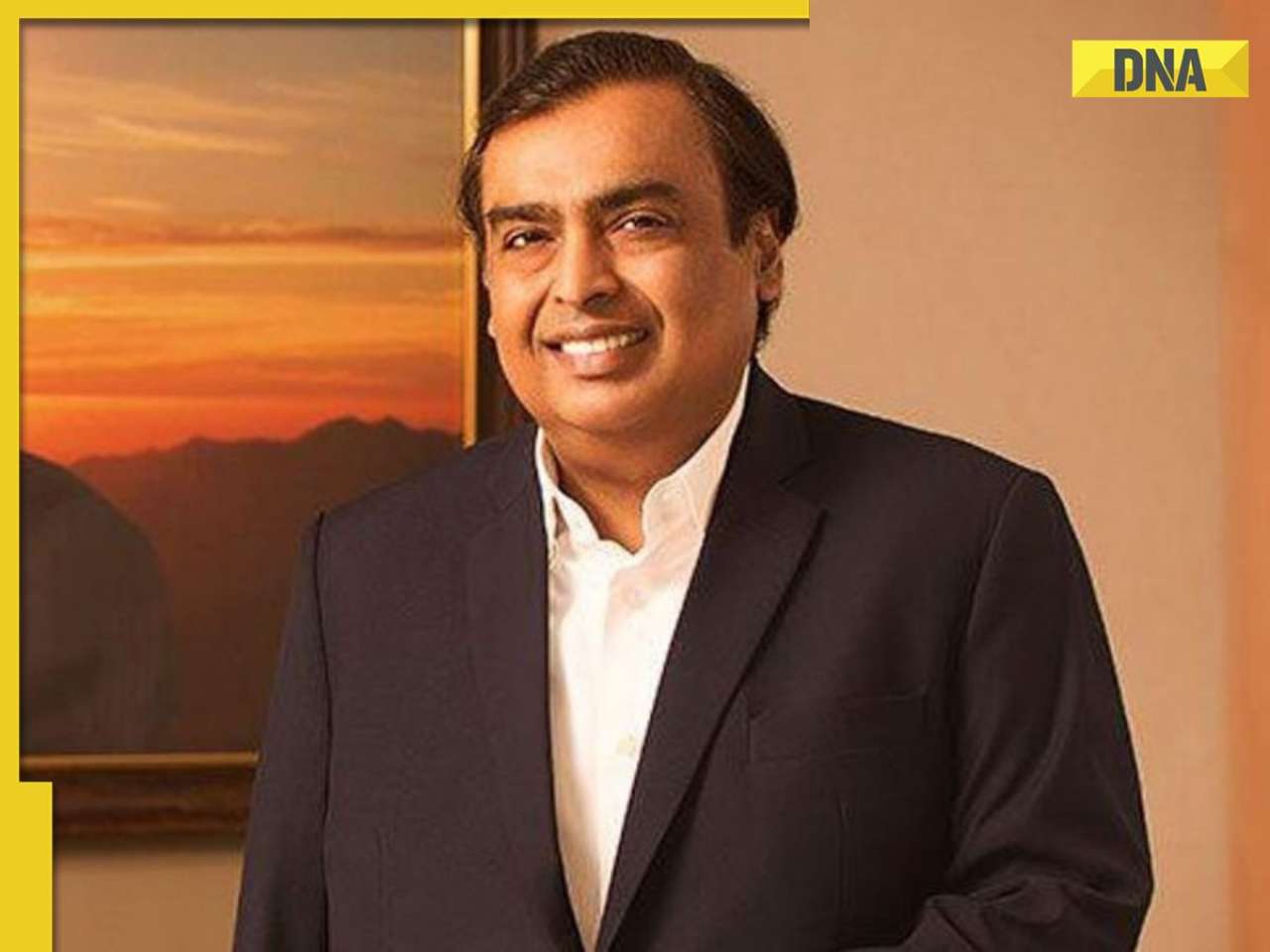As we observe the World Senior Citizen's Day 2022 today, let us take a look at the benefits that senior citizens can get.
World Senior Citizen’s Day 2022 is being observed across the globe today. Senior Citizens are termed as people who are aged 60 and above. Individuals belonging to this age group are entitled to certain tax benefits.
Here are few income tax and other tax benefits that senior citizens can get on their investments.
ITR filing
According to Income-tax Act, 1961, there is no exemption to senior citizens or very senior citizens when filing a return of income.
READ | World Senior Citizen's Day 2022: History, significance, ways to celebrate with elders
However, those aged 75 years or more may make use of the Finance Act 2021, under the section 194P to reduce the compliance burden and get some relief.
Starting Assessment year 2019-20, any individual to be counted under the very senior citizen category who files his return of income in the Form ITR 1/ITR 4 can file return in offline mode. Hence, it is not mandatory to complete e filing.
TDS benefit
According to the Section 194A of the Income Tax law, no tax shall be deducted at source from payment of interest by bank or post-office or co-operative bank to a senior citizen up to Rs. 50,000.
Deductions on deposits
As per the Section 80TTB of the Income Tax law, senior citizens are liable to get benefits on account of interest income from deposits with banks or post office or co-operative banks of an amount upto Rs. 50,000.
It is important to note that all interest earned on saving and fixed deposits will be eligible for deduction.
Medical insurance premium
Due to their increased vulnerability to health issues, many medical insurance plans cover OPD expenses. Before you decide on the insurance plan, it is crucial to select the deductible or the co-payment portion in the policy.
According to Section 80D of the Income Tax Act, premium paid towards a health insurance policy (including critical illness or any other health plan) qualifies for tax benefits.
You can also avail benefits on premium paid to self, spouse, children and parents.
However, the amount of tax benefit depends upon the age of the individual who is medically insured.
The maximum deduction on premium towards self, spouse, children and parents, has been capped at Rs 50,000 a year. In this case, the individual’s age should be over 60.
If the individual is below 60, then maximum deduction is capped at Rs 25,000.
Advance Tax Payment
According to the section 208, each individual whose estimated tax liability for the year if Rs 10,000 or more, has to pay ‘advance tax’. Resident senior citizen gets some relief in payment of advance tax under section 207.
A resident senior citizen is an individual aged 60 years or above during the relevant financial year. According to section 207, he doesn’t need to have any income from business or profession.
![submenu-img]() DU Admission 2024: Delhi University launches admission portal to 71000 UG seats; check details
DU Admission 2024: Delhi University launches admission portal to 71000 UG seats; check details![submenu-img]() Guardians of Cybersecurity: Inside Santosh Kumar Kande's Mission to Protect Corporate Networks
Guardians of Cybersecurity: Inside Santosh Kumar Kande's Mission to Protect Corporate Networks![submenu-img]() Meet man who leads Rs 642000 crore govt company, not from IIT, IIM
Meet man who leads Rs 642000 crore govt company, not from IIT, IIM![submenu-img]() Former RBI Governor Raghuram Rajan to join Congress? He says, ‘Rahul Gandhi is…’
Former RBI Governor Raghuram Rajan to join Congress? He says, ‘Rahul Gandhi is…’![submenu-img]() Maharagni teaser: Kajol looks badass, beats up goons in action-packed first look, fans call her 'lady Singham'
Maharagni teaser: Kajol looks badass, beats up goons in action-packed first look, fans call her 'lady Singham'![submenu-img]() DU Admission 2024: Delhi University launches admission portal to 71000 UG seats; check details
DU Admission 2024: Delhi University launches admission portal to 71000 UG seats; check details![submenu-img]() Meet IAS officer, who became UPSC topper in 1st attempt, sister is also IAS officer, mother cracked UPSC exam, she is...
Meet IAS officer, who became UPSC topper in 1st attempt, sister is also IAS officer, mother cracked UPSC exam, she is...![submenu-img]() Meet student who cleared JEE Advanced with AIR 1, went to IIT Bombay but left after a year due to..
Meet student who cleared JEE Advanced with AIR 1, went to IIT Bombay but left after a year due to..![submenu-img]() Meet man who used to walk to work, eat free meals, left high-paying corporate job at 29 due to...
Meet man who used to walk to work, eat free meals, left high-paying corporate job at 29 due to...![submenu-img]() Meet woman who left high-paying job as NASA scientist to crack UPSC exam twice, became IRS then IPS officer with AIR…
Meet woman who left high-paying job as NASA scientist to crack UPSC exam twice, became IRS then IPS officer with AIR…![submenu-img]() DNA Verified: Did Kangana Ranaut party with gangster Abu Salem? Actress reveals who's with her in viral photo
DNA Verified: Did Kangana Ranaut party with gangster Abu Salem? Actress reveals who's with her in viral photo![submenu-img]() DNA Verified: New Delhi Railway Station to be closed for 4 years? Know the truth here
DNA Verified: New Delhi Railway Station to be closed for 4 years? Know the truth here![submenu-img]() DNA Verified: Did RSS chief Mohan Bhagwat praise Congress during Lok Sabha Elections 2024? Know the truth here
DNA Verified: Did RSS chief Mohan Bhagwat praise Congress during Lok Sabha Elections 2024? Know the truth here![submenu-img]() DNA Verified: Is CAA an anti-Muslim law? Centre terms news report as 'misleading'
DNA Verified: Is CAA an anti-Muslim law? Centre terms news report as 'misleading'![submenu-img]() DNA Verified: Lok Sabha Elections 2024 to be held on April 19? Know truth behind viral message
DNA Verified: Lok Sabha Elections 2024 to be held on April 19? Know truth behind viral message![submenu-img]() Avneet Kaur shines in navy blue gown with shimmery trail at Cannes 2024, fans say 'she is unstoppable now'
Avneet Kaur shines in navy blue gown with shimmery trail at Cannes 2024, fans say 'she is unstoppable now'![submenu-img]() Assamese actress Aimee Baruah wins hearts as she represents her culture in saree with 200-year-old motif at Cannes
Assamese actress Aimee Baruah wins hearts as she represents her culture in saree with 200-year-old motif at Cannes ![submenu-img]() Aditi Rao Hydari's monochrome gown at Cannes Film Festival divides social media: 'We love her but not the dress'
Aditi Rao Hydari's monochrome gown at Cannes Film Festival divides social media: 'We love her but not the dress'![submenu-img]() AI models play volley ball on beach in bikini
AI models play volley ball on beach in bikini![submenu-img]() AI models set goals for pool parties in sizzling bikinis this summer
AI models set goals for pool parties in sizzling bikinis this summer![submenu-img]() DNA Explainer: Why was Iranian president Ebrahim Raisi, killed in helicopter crash, regarded as ‘Butcher of Tehran’?
DNA Explainer: Why was Iranian president Ebrahim Raisi, killed in helicopter crash, regarded as ‘Butcher of Tehran’?![submenu-img]() DNA Explainer: Why did deceased Iranian President Ebrahim Raisi wear black turban?
DNA Explainer: Why did deceased Iranian President Ebrahim Raisi wear black turban?![submenu-img]() Iran President Ebrahim Raisi's death: Will it impact gold, oil prices and stock markets?
Iran President Ebrahim Raisi's death: Will it impact gold, oil prices and stock markets?![submenu-img]() Haryana Political Crisis: Will 3 independent MLAs support withdrawal impact the present Nayab Saini led-BJP government?
Haryana Political Crisis: Will 3 independent MLAs support withdrawal impact the present Nayab Saini led-BJP government?![submenu-img]() DNA Explainer: Why Harvey Weinstein's rape conviction was overturned, will beleaguered Hollywood mogul get out of jail?
DNA Explainer: Why Harvey Weinstein's rape conviction was overturned, will beleaguered Hollywood mogul get out of jail?![submenu-img]() Maharagni teaser: Kajol looks badass, beats up goons in action-packed first look, fans call her 'lady Singham'
Maharagni teaser: Kajol looks badass, beats up goons in action-packed first look, fans call her 'lady Singham'![submenu-img]() Shikhar Dhawan on what made him turn talk show host for Dhawan Karenge, addresses Kapil Sharma comparison | Exclusive
Shikhar Dhawan on what made him turn talk show host for Dhawan Karenge, addresses Kapil Sharma comparison | Exclusive![submenu-img]() Panchayat season 3 public review: Fans hail Neena Gupta, Jitendra Kumar's 'emotional, unbeatable series', call it banger
Panchayat season 3 public review: Fans hail Neena Gupta, Jitendra Kumar's 'emotional, unbeatable series', call it banger![submenu-img]() Meet superstar who gave Bollywood's first Rs 100 crore film, quit acting at peak of her career, married man with..
Meet superstar who gave Bollywood's first Rs 100 crore film, quit acting at peak of her career, married man with..![submenu-img]() 'Is she engaged?': Avneet Kaur confuses fans as she flaunts ring, says 'can’t wait to tell the world about this union'
'Is she engaged?': Avneet Kaur confuses fans as she flaunts ring, says 'can’t wait to tell the world about this union'![submenu-img]() Anant Ambani-Radhika Merchant pre-wedding bash: Here's what Mukesh Ambani's guests will get to eat during ceremony
Anant Ambani-Radhika Merchant pre-wedding bash: Here's what Mukesh Ambani's guests will get to eat during ceremony![submenu-img]() Mukesh Ambani, Nita Ambani to celebrate Akash, Shloka's daughter Veda's birthday on cruise, check theme, other details
Mukesh Ambani, Nita Ambani to celebrate Akash, Shloka's daughter Veda's birthday on cruise, check theme, other details ![submenu-img]() Terra and Mare: Hidden meaning behind Mukesh Ambani's son Anant Ambani-Radhika Merchant's second pre-wedding bash theme
Terra and Mare: Hidden meaning behind Mukesh Ambani's son Anant Ambani-Radhika Merchant's second pre-wedding bash theme![submenu-img]() 'Simple, boring resume can get you...,' says former recruiter with Google, Apple, Samsung
'Simple, boring resume can get you...,' says former recruiter with Google, Apple, Samsung![submenu-img]() Mukesh Ambani's son Anant-Radhika Merchant pre wedding bash: Cruise set sails from Malta not from Miami due to...
Mukesh Ambani's son Anant-Radhika Merchant pre wedding bash: Cruise set sails from Malta not from Miami due to...







































)


















)
)
)
)
)
)